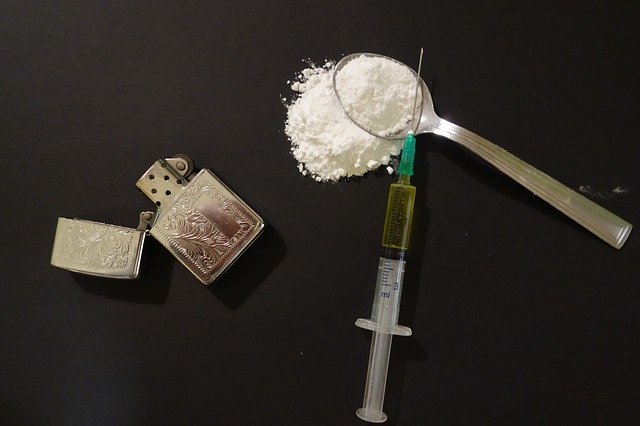
The illegal trade of drugs in large quantities is called drug trafficking.
Drug trafficking is the illegal trade of toxic drugs in large quantities . The process (which begins with the cultivation of the substances, continues with production and ends with distribution and sale) is usually carried out by various illicit organizations (called cartels ) that specialize in different parts of the chain .
The largest groups dedicated to drug trafficking usually have an international presence and hold power similar to that of a government . Its members have dangerous weapons and its leaders handle immense sums of money.
Drug trafficking, an illegal and lucrative business
The illegal status of drugs causes them to acquire great economic value. On the other hand, it is known that people who suffer from addiction know no limits when they feel the need to consume. Combining these factors with the poverty of many addicts, it is easy to understand that drug trafficking is a business that is as lucrative as it is risky.
It should be noted that it is no coincidence that cocaine and heroin, among other drugs, have not been legalized, since this type of substance causes very serious and irreversible damage to the consumer. On the other hand, its consumption usually generates violence , drives crime and leaves a large number of people outside the social system.
The laws of the world
Most international legislation, therefore, prohibits the production, distribution and sale of drugs, with the exception of those used for therapeutic purposes and some substances that are tolerated at a social level (such as alcohol and tobacco ). . Consumers are generally not punished, since they are sick people who need help to recover.
The so-called Third World countries, located in Latin America and Asia , tend to be drug producers, while the main consumer markets are in the United States and Europe .

Drug trafficking encourages drug addiction.
Drug trafficking and the First Opium War
Also known as the first Anglo-Chinese war , it was a war between China and the United Kingdom since 1839 and for 3 consecutive years. The causes of this conflict revolved around the marketing of opium in the eastern country, given that their attempt to prohibit it was opposed to the objectives of the British, who sought to expand the horizons of said market .
The origins of this war are rooted in a strategy developed by the West to trade with China: due to the lack of products that interested Eastern buyers, the United Kingdom, France and the United States (among other countries) decided to offer them addictive substances; This led to a crisis for the economy of the Chinese people, since many of its inhabitants began to invest more than half of their income in the acquisition of these drugs.
Trying to regain control , the emperor of China banned the consumption of opium on his soil and expelled the British sellers, whose government sent its marine army to the East, immediately and predictably; Through their attacks, they intended to intimidate the Chinese to force them to buy their product.
Given the inferiority of the Chinese army compared to that of its enemy, the result of the confrontation did not have a surprising ending: China had to surrender to the United Kingdom and sign the Treaty of Nanjing, beginning a new relationship between both nations .
The Treaty of Nanjing ( the southern capital ), which was signed in 1842, obliged China to cede Hong Kong Island to the British and open its port areas to trade between both countries. Regarding the loss of territory, a century and a half later, in 1997, Hong Kong once again became part of the eastern country.
